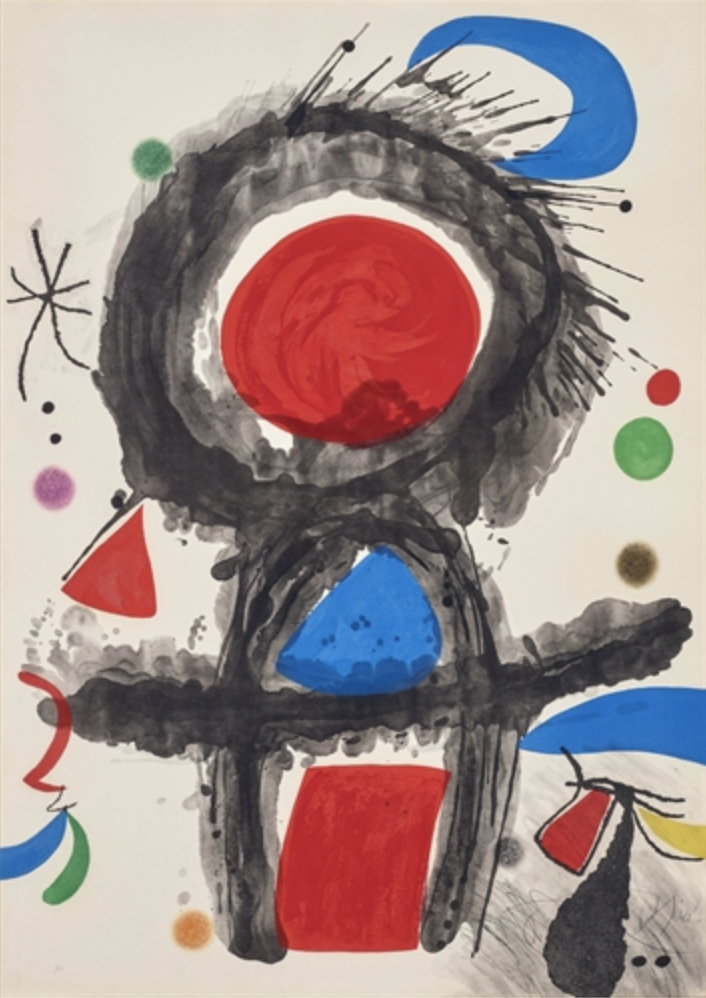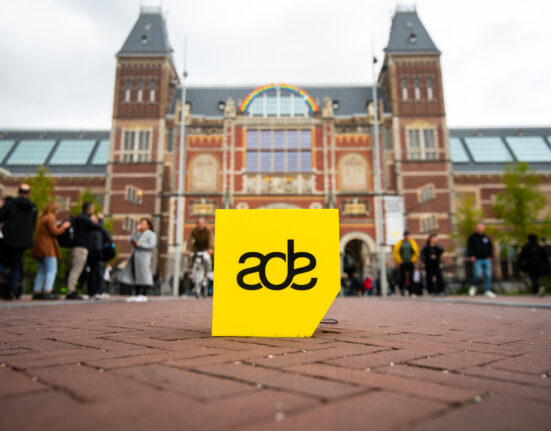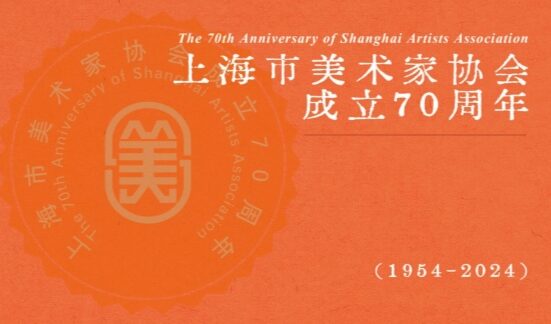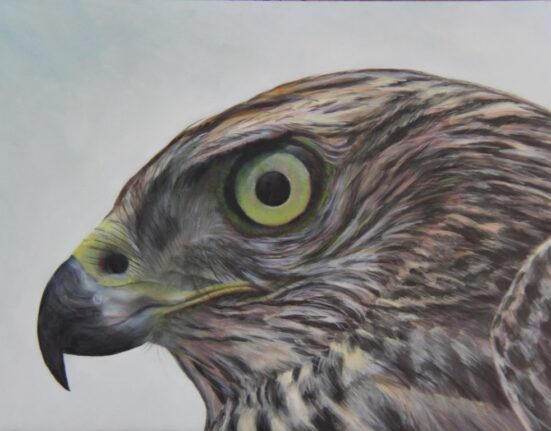Expressionism is a style of artistic representation in which emotional impressions and experiences of the external world are emphasized over purely representational forms. Bridging abstraction and figuration, the style became increasingly popular during the 20th century. Based on the psychological, its use is always deeply personal and inherently unique to each creator.
Live for bidding through March 20, 2024, Artnet’s 20th Century Art sale features a range of works by world-class artists that capture this enduring fascination with expressionistic forms of image-making. Below, we take a closer look at some of the sale’s most intriguing lots and how they fit in each artist’s creative trajectory.
Francis Bacon, Deuxième version du triptyque 1944 (after, Second Version of the Triptych, 1944) (complete set of three works) (1989)
Francis Bacon, Deuxième version du triptyque 1944 (after, Second Version of the Triptych, 1944) (complete set of three works) (1989). Est. $30,000–$50,000.
This work by Francis Bacon comprises three lithographs and is based on a 1988 canvas of the same title. The 1988 composition reworks the artist’s 1944 canvas Three Studies for Figures at the Base of a Crucifixion, painted during the Second World War and considered the artist’s official fons et origo. Psychoanalytical anxieties in many ways form the basis for much of Bacon’s art—and specifically this sequence of work, which is figurative yet at the same time imbued with a sense of expressionist formlessness.
Sam Francis, Untitled (SF90-113) (ca. 1990)
Sam Francis, Untitled (SF90-113) (ca. 1990). Est. $20,000–$30,000.
Sam Francis started his career largely as an abstractionist, taking subject matter from real life and translating it through an expressive handling of paint. The forms of his canvases were integral to these works, whether in his “open” paintings of the 1960s or his grids of the 1970s. Throughout these periods of his practice, Francis lived between Los Angeles, France, Tokyo, Switzerland, Japan, Mexico, and New York, which in turn influenced his work and the way he approached painting. By the 1990s, however, structure was no longer an essential part of his compositions, and, as can be seen in Untitled (SF90-113) (ca. 1990), he began exploring pure expressions of color. Here, one can observe a reversal in his approach, as the center is dense with paint but the edges are only loosely painted, drawing the viewer inward.
Joan Miró, L’Aigle et la femme dans la nuit (1938)
Joan Miró, L’Aigle et la femme dans la nuit (1938). Est. $10,000–$15,000.
Like Francis Bacon, Joan Miró engaged with themes and elements of the human psyche through automatism, a method favored by the Surrealists that involves suppressing conscious control over the action of artmaking and instead relying on spontaneity to tap into the unconscious. Miró ultimately created a unique pictorial language using symbols, colors, glyphs, and biomorphic forms that lend his work a distinct cohesion. In works such as Pic de la Mirandole (1975), the central figure is surrounded by specific shapes—star, moon, bird—all of which are part of Miró’s world of symbols and icons that can be found across his oeuvre. Though widely recognized as a painter, the artist was also an avid printmaker, who created over 2,000 prints throughout his career—with the present lot as well as L’Aigle et la femme dans la nuit (1938) being examples.
Sol LeWitt, Irregular Form (1997)
Sol LeWitt, Irregular Form (1997). Est. $10,000–$15,000.
Begun in the late 1990s, Sol LeWitt’s series “Irregular Forms,” is a complete departure from everything previously known in the artist’s formal lexicon. The present lot comes from that series and embodies its landmark qualities. All but gone are the rigidity of lines with prescribed direction, geometric forms constructed from lines, and the rigid facets of color that the artist had come to be known. Instead, LeWitt embraces formlessness. In this work, a singular form is not even defined, there is instead only a boundary or balance between what is and what is not. It is perhaps the most basic of systems that LeWitt created for himself, and through this series—which varied greatly in terms of scale and medium across works—the artist embraced the more subjective qualities. His persistence in venturing down this road of comparative whimsy ultimately became a cornerstone of his work in the final decade of his career.
Richard Diebenkorn, Untitled (1958–1964)
Richard Diebenkorn, Untitled (1958–1964). Est. $80,000–$100,000.
Richard Diebenkorn was an American West Coast painter working within the context of Abstract Expressionism and the Bay Area Figurative Movement. The present lot, Untitled (1958–1964), is an early landscape that begins to hint at the system of organization Diebenkorn later applied in his most widely known works, the “Ocean Park” paintings, where the landscape is intuitively assembled in harmonious swaths of color. The color in this work on paper is a more rarified example and falls outside the artist’s oil painting and other works on paper, which are most commonly done with ink or charcoal. While the piece shows the artist’s painterly gestures, both the distant horizon and the foreground are assembled in bands—a precursor to his later approach to the “Ocean Park” series begun in 1967, in which he spent 18 years working on producing roughly 135 paintings. This specific lot has impeccable provenance and was originally acquired from the artist’s estate and can be found reproduced in color in the artist’s catalogue raisonné.
Explore these lots and more in the 20th Century Art sale, now open for bidding through March 20, 2024.
Follow Artnet News on Facebook:
Want to stay ahead of the art world? Subscribe to our newsletter to get the breaking news, eye-opening interviews, and incisive critical takes that drive the conversation forward.







